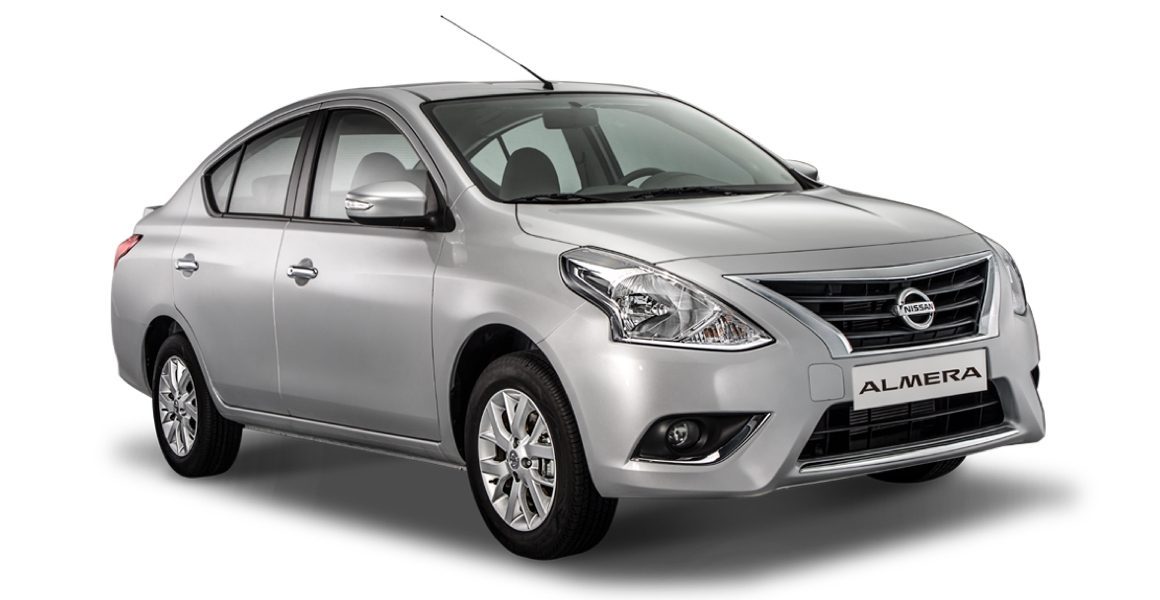SUMMARY
This is AI generated summarization, which may have errors. For context, always refer to the full article.

Nissan is ending its car assembly operations in the Philippines as it aims to “optimize production” amid the global recession, the Department of Trade and Industry (DTI) said on Thursday, January 21.
The Japanese carmaker’s move leaves some 133 workers in Laguna with no jobs. Nissan assured them of “reasonable compensation packages.”
Only the assembly workers are affected, as operations of Nissan’s marketing and distribution network will continue. The workers were handling the assembly of the Almera model.
Since 2019, Nissan has closed plants across Europe, the United States, and developing countries, and laid off some 42,500 workers globally.
The Japanese car giant also filed a civil lawsuit to reclaim some 10 billion yen ($90 million) from former chairman Carlos Ghosn for what it called “years of his misconduct and fraudulent activity.”
With these factors, the DTI said the move was “expected,” as Nissan earlier told the government that it already contemplated closing in 2020 given weak volume sales and low market share of the Almera model.
Sales of the Nissan Almera, introduced in 2011, stand at around 4,500, representing 1% of the total vehicle market.
Nissan said major sales come from imported pickups and sport utility vehicles from Thailand and Japan.
“The announcement of Nissan to close their assembly operations in the country is regrettable, as these developments all the more demonstrate the critical situation of the local motor vehicle industry,” Trade Secretary Ramon Lopez said in a statement.
Imports
Other car manufacturers like Honda and Isuzu earlier stopped their assembly operations in the country, highlighting the industry’s struggle in competing with imports.
To support local manufacturers, the DTI favored unionized workers and imposed provisional safeguard duties on imports.
The DTI set a cash bond amounting to P70,000 per unit for imported passenger cars and P110,000 per unit for light commercial vehicles.
The Philippine automotive market is one of the most open among larger countries in the Association of Southeast Asian Nations (ASEAN).
For instance, Thailand imposes an 80% Most Favored Nation tariff rate on built-up units originating outside the ASEAN bloc.
Meanwhile, Indonesia only has total imports of around 7%, as its government discouraged imports.
“This is in stark contrast to the Philippines, where locally assembled light commercial vehicles account for only 7% of the market,” the DTI said. – Rappler.com
Add a comment
How does this make you feel?


![[Time Trowel] Evolution and the sneakiness of COVID](https://www.rappler.com/tachyon/2024/02/tl-evolution-covid.jpg?resize=257%2C257&crop=455px%2C0px%2C1080px%2C1080px)


There are no comments yet. Add your comment to start the conversation.